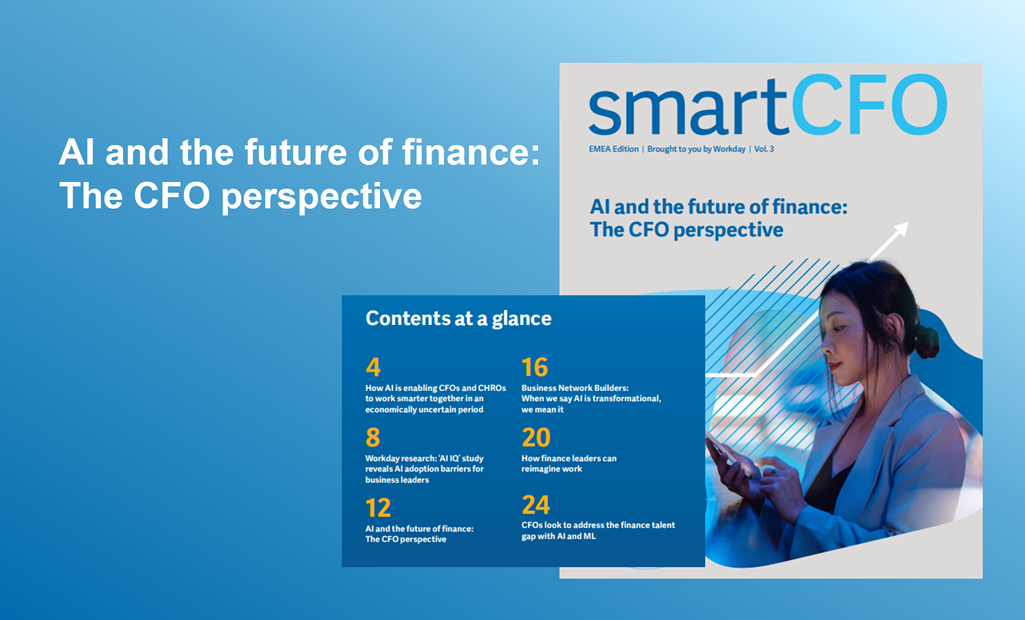It’s time to say goodbye to spreadsheets! Cheerio.
Digital transformation helped so many UK organisations survive the unprecedented shock of COVID-19. However, in many businesses, transformation only happens in pockets, which often means finance being left behind. That’s a shame, because the function has plenty of challenges to overcome. It could do with a digital hand.
Historically there have been barriers and challenges that have made it tough for CFOs and their teams to embrace more agile, digital-centric ways of working. Yet the pressure on businesses has never been greater.
So why are spreadsheets failing CFOs? Many problems are the result of manual, spreadsheet-based processes characterised by human error and inefficiency, and prone to business risk. While they remain an important tool in certain circumstances, the problem is that spreadsheets are often used beyond their core capabilities. They’re sometimes misused as quasi-databases, when in fact they’re populated by static data. This means that answers you get from spreadsheets may not always be accurate and up-to-date in real time.
Spreadsheets often also contain multiple inefficiencies which could have serious consequences. These manual errors only multiply the more versions you iterate of the same spreadsheet. Errors made by Department of Transport employees nine years ago led to a botched bidding process on the West Coast Main Line rail franchise contract, which may have cost the taxpayer as much as £300 million.
There are many more examples of egregious accounting errors stemming from spreadsheets. Mistakes made by a former chief economist of the International Monetary Fund led to erroneous research used by the British government to justify austerity during the last recession. Can businesses afford to continue using systems like this that could significantly escalate business risk?
While there’s no silver bullet solution to digital transformation challenges, a focus on people, process and technology may be a good place to start. Start by ensuring your staff are on board. According to McKinsey, a potential digital backlash among the finance function is a typical obstacle to change. Next, reach out to employees to understand where the key pain points are within your finance processes—such as slow reporting or incomplete data.
Next comes the technology itself. The good news is that cloud-based platforms exist today that can transform planning, budgeting, forecasting and reporting for CFOs in growth organisations and in turn, drive more efficient, progression-oriented businesses. Modern cloud-based platforms offer CFOs and the wider business powerful end-to-end enterprise planning capabilities without breaking the bank. With tools such as Workday’s Adaptive Planning to hand, any function can drive modelling, reporting and analytics to improve strategic decision making.
For the finance department, it’s about budgeting with accuracy and confidence, and running scenario planning exercises to better inform strategy. Our finance teams really are the lifeblood of the UK economy. With smarter digital planning, CFOs be the integral part that helps business and the country to bounce back post-pandemic.
Find out how you could free your finance team of spreadsheets in just 30 days, request a call with one of our Workday Consultants Contact us






